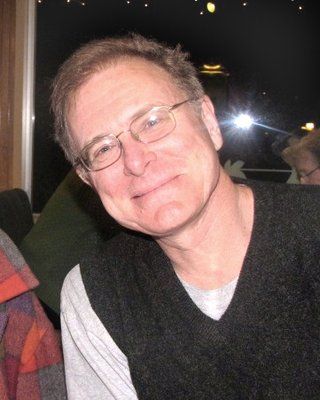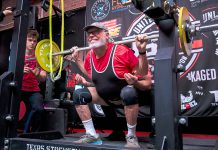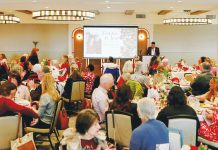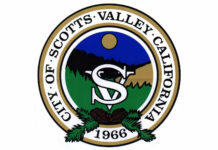I met Dr. Bill Morris several years ago at a neighborhood gathering. He briefly shared about his work as a palliative care doctor-an area of medicine I knew nothing about. However, it wasn’t until my mom was diagnosed with congestive heart failure, and eventually sent home to die, that I became interested in learning more about end of life care. As a result of this experience, I decided to interview Dr. Morris. He begins his story:
“One of my earliest memories was visiting the hospital after falling off our roof and breaking my femur when I was three years old. I still remember my cast. It affected the way I walked, and that’s how my mom could tell my twin brother and me apart. It’s interesting how these early memories can influence us,” recalls Morris.
Born in Vancouver, Wash., Morris’ family moved to Menlo Park, Calif. when he was five.
Morris started thinking about going into the medical field in high school.
“I became interested in human biology and was fascinated by how the body works,” Morris said. “I remember thinking that I might want to become a doctor someday.”
He attended the University of California at Davis where he majored in zoology. He received his medical degree from the University of California at San Diego in 1989.
While in San Diego, Morris, now a doctor, met and married Darci Arstill. He completed his internship year in internal medicine at the University of Maryland. Morris took a fifth year to do research in infectious diseases and travel abroad.
“I decided that I wanted to experience health care in a third world country and chose Ambato, Equador, a small city in the Andes. I stayed with a doctor and went on rotations with medical students-even delivered a baby or two. During this time there was an earthquake, and we had to evacuate the hospital,” he said.
Morris finished up his internal medicine training at Santa Clara Medical Center in San Jose and moved to the Scotts Valley area in 2000. A turning point in his career came when his dad was dying of lung cancer.
“I remember sitting there and realized that I didn’t know how to take care of people at the end of their life. Here I was with all this training, but I couldn’t do anything to improve the quality of his life. This wasn’t taught in medical school,” said Morris. “If you were lucky, there was a resident who had an intuitive sense about what to do.”
About this time, there was a national awareness that physicians needed to be educated on end of life care. As a result, curriculum was put together, and he signed up for a course in Chicago.
“This was the first time I’d heard any of this stuff,” Morris recalls. “Afterward I volunteered to serve as a medical director for Hospice of San Jose. I decided that my passion was to work in palliative care — a specialty of medicine that works alongside doctors. It is for people of any age and at any stage of an illness. If a cure is out of reach and a patient has less than six months to live, we can (then) provide medical care through a hospice program,” Morris explained.
In 2004, Dr. Morris teamed up with a group of doctors, nurses and a hospice worker. They put together a proposal for Dominican Hospital to start an inpatient care program, and it was accepted.
Today, at 50, Dr. Morris is the co-medical director of Dominican Hospital’s inpatient palliative care consult service. His team sees more than 600 patients a year and continues to expand.
“I’m so proud of our medical community,” Morris said. “We had access to a high level of hospice and palliative care services long before many other hospitals.”
When asked about his family, he replied that, in addition to his own three teenage daughters, his niece and nephew have been living with them for the past five years following the death of his sister.
“My Christian faith impacts what I do,” Morris concludes. “My goal is to be present with my patients and to help them meet the challenges of their illness living each day as fully as possible.”
Sandi Olson of Scotts Valley is a writer, speaker and teacher. She writes about interesting people in Scotts Valley and the San Lorenzo Valley. E-mail her at sa********@*****st.net.













